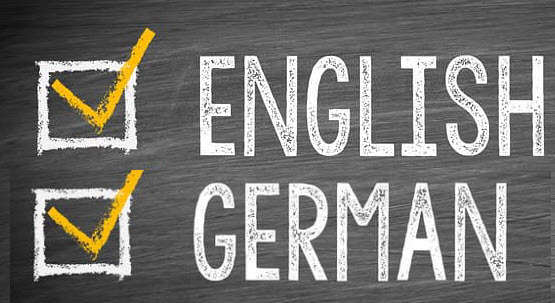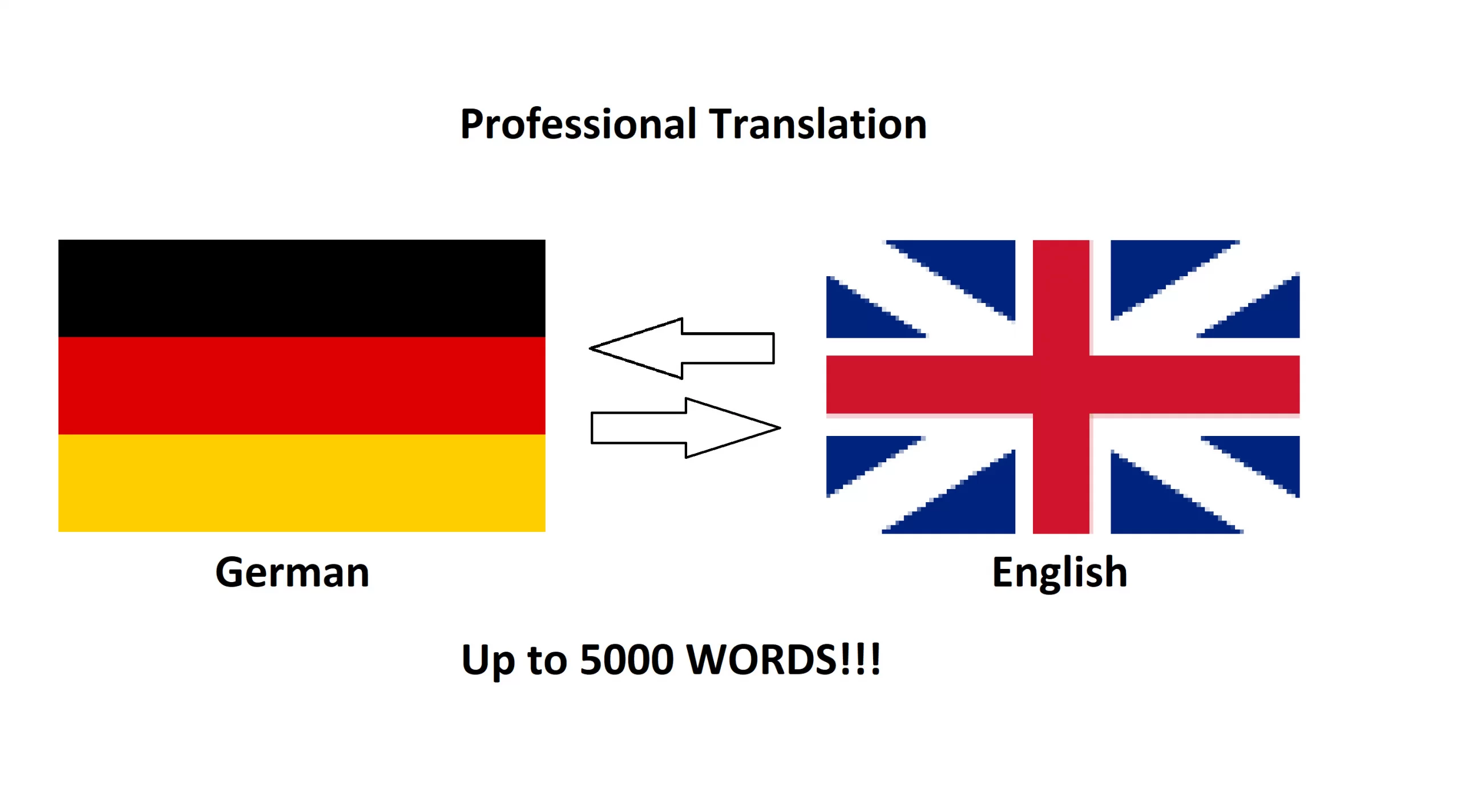Capitalization of nouns in German You don’t need to be told that writing in both upper- and lowercase letters (known as case differentiation) is common in many languages and that it serves as a signal for a grammatical rule, like starting a new phrase. Although the constant capitalization in German …
Beyond the standard greetings of “hallo,” “good day,” “good morning,” “good evening,” and so forth, it’s intriguing to see what information may be gleaned from how some German people welcome you. Here are a few informal greetings used by German speakers and what they reveal about the people who use …
Each language has a close relationship with the culture or cultures in which it is spoken. It is crucial to consider the cultural aspect when evaluating how challenging a language is to learn. There are several aspects about trying to use German with natives in the German-speaking world that you …
German verbs are positioned and frequently split, which is another feature that makes it unique. There are also a few general guidelines to follow in this situation. The verb typically comes in the second place in simple sentences (i.e., sentences with just one clause) that are statements; it usually comes …
Noun gender in German Nouns in German have gender. Accordingly, things are given one of the three grammatical genders—feminine, masculine, or neuter. Of fact, since the word itself is gendered rather than the item it describes, its gender need not have any bearing on what the noun actually implies. Since …
Languages are made up of their vocabulary and words. The good news for English speakers when discussing German is that many words are very similar because the two languages share a “ancestor” language. Despite the fact that English words have roots in Latin, French, and Greek as well, 40% of …
There are only 200 irregular verbs total in both languages. This implies that you may reasonably anticipate how a verb will appear within a particular sentence. Some of the irregular verbs that are shared by both languages include the verbs “to have,” “to be,” and “to become,” though the whole …
If you speak English, you’ve probably noticed the variety of dialects found around the English-speaking world. Different dialects of German exist as well, some of which are simpler to grasp than others. The Standard German dialect is frequently referred to as “German” or “High German/Hochdeutsch,” much as Standard English is …
Soft and hard ch pronunciations in English An affricate, soft ch, as in “cheese” Stop with a hard ch, as in “loch” Soft and hard ch pronunciations in German: 1)A soft ch-1 fricative is produced by maintaining the tongue flat and without contacting the roof of the mouth while arching …
While this may likely be categorized under the many ways that distinct letters are spoken, understanding fricative pronunciation can be challenging. Fricatives are airflow obstructions that are present in some but not all of a language’s sounds. These include the sounds f, v, sh, and others that are similar in …










